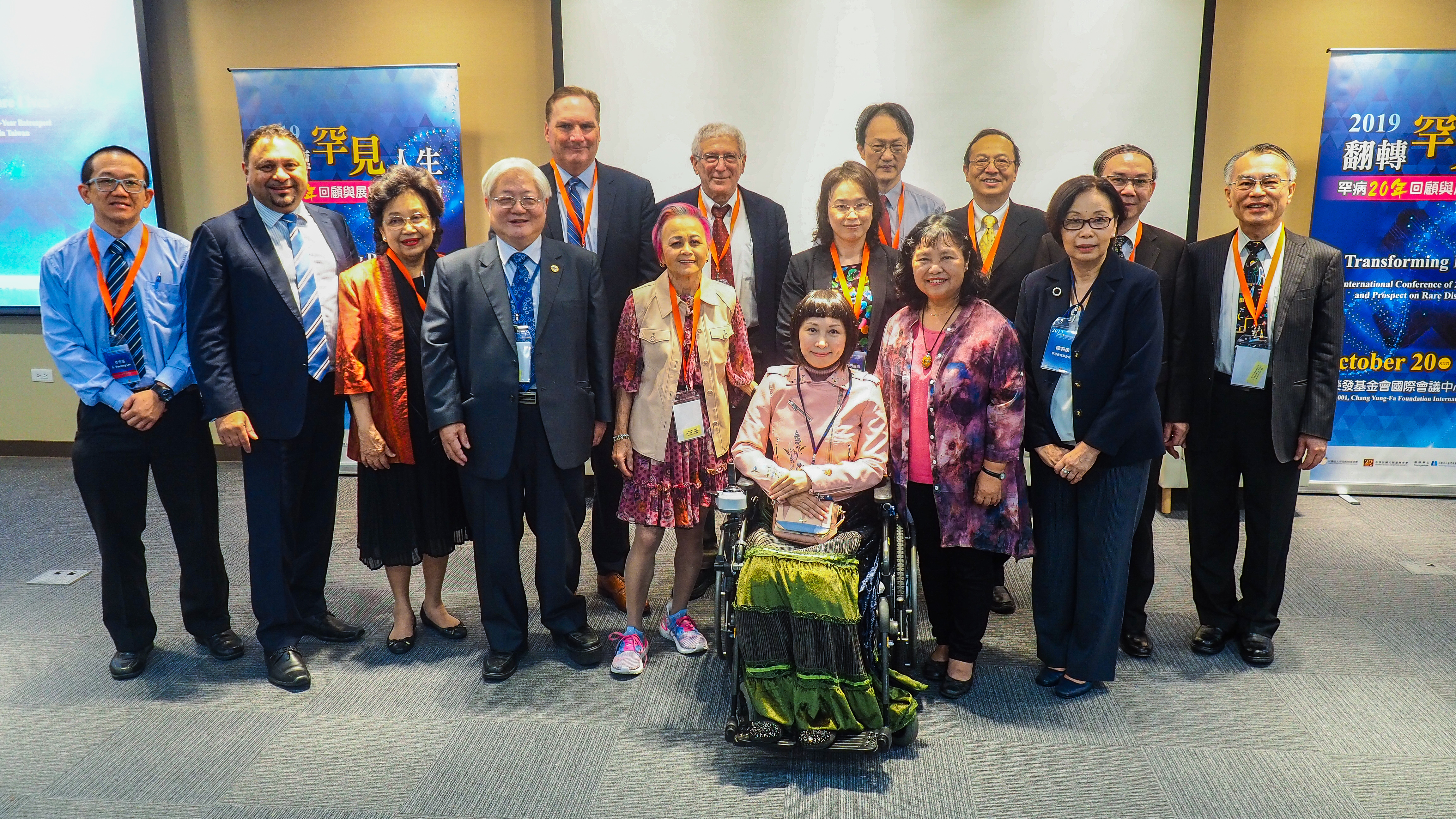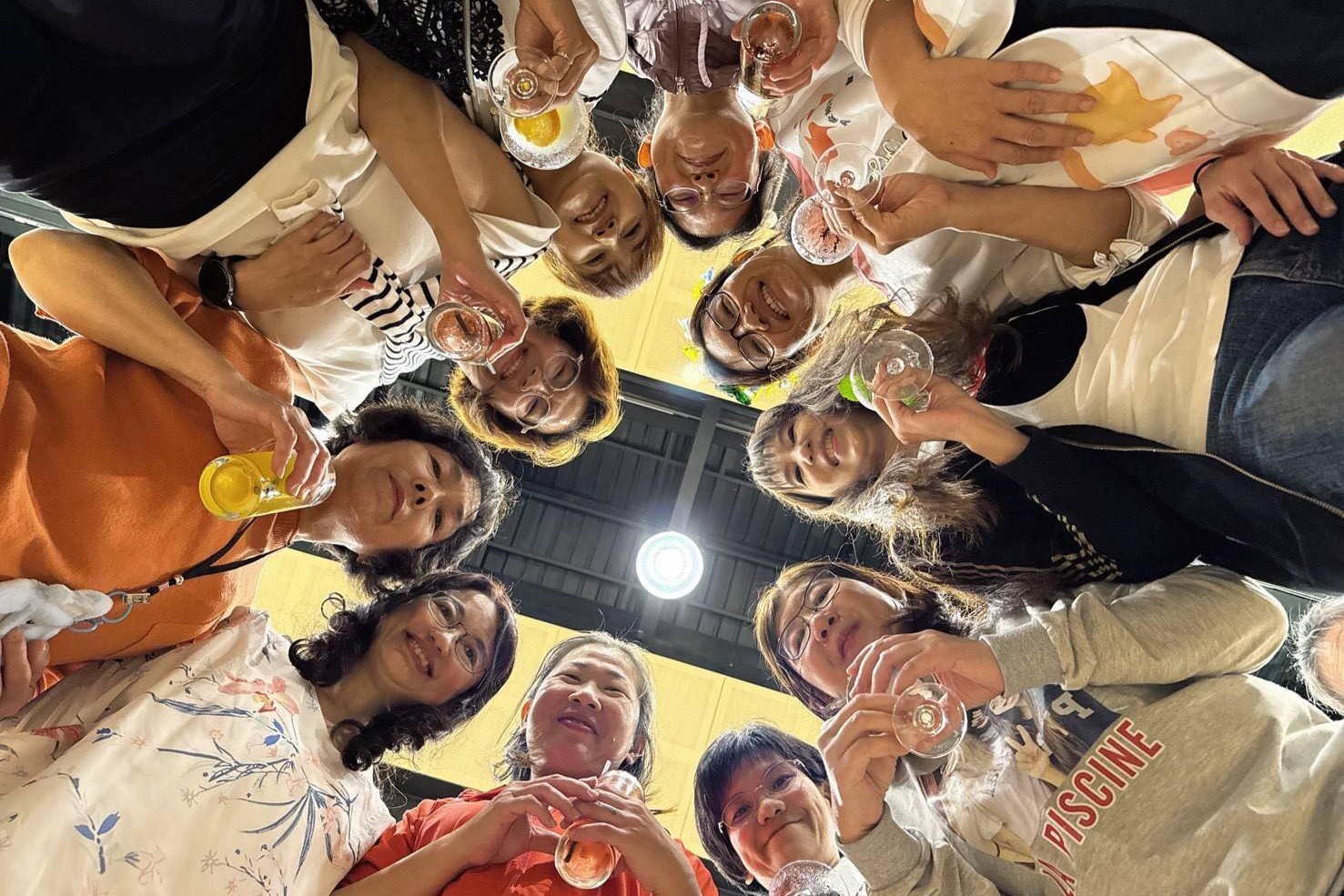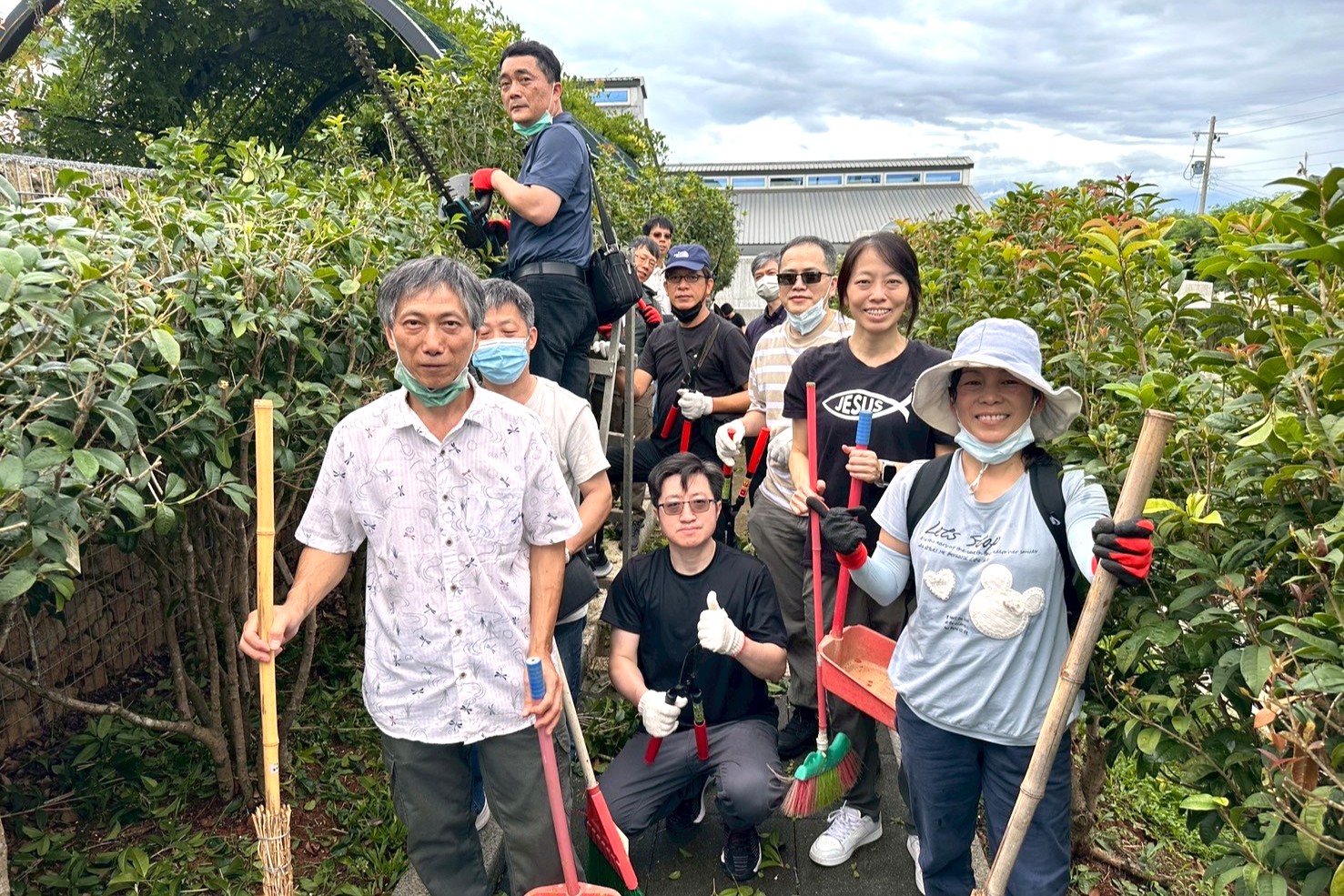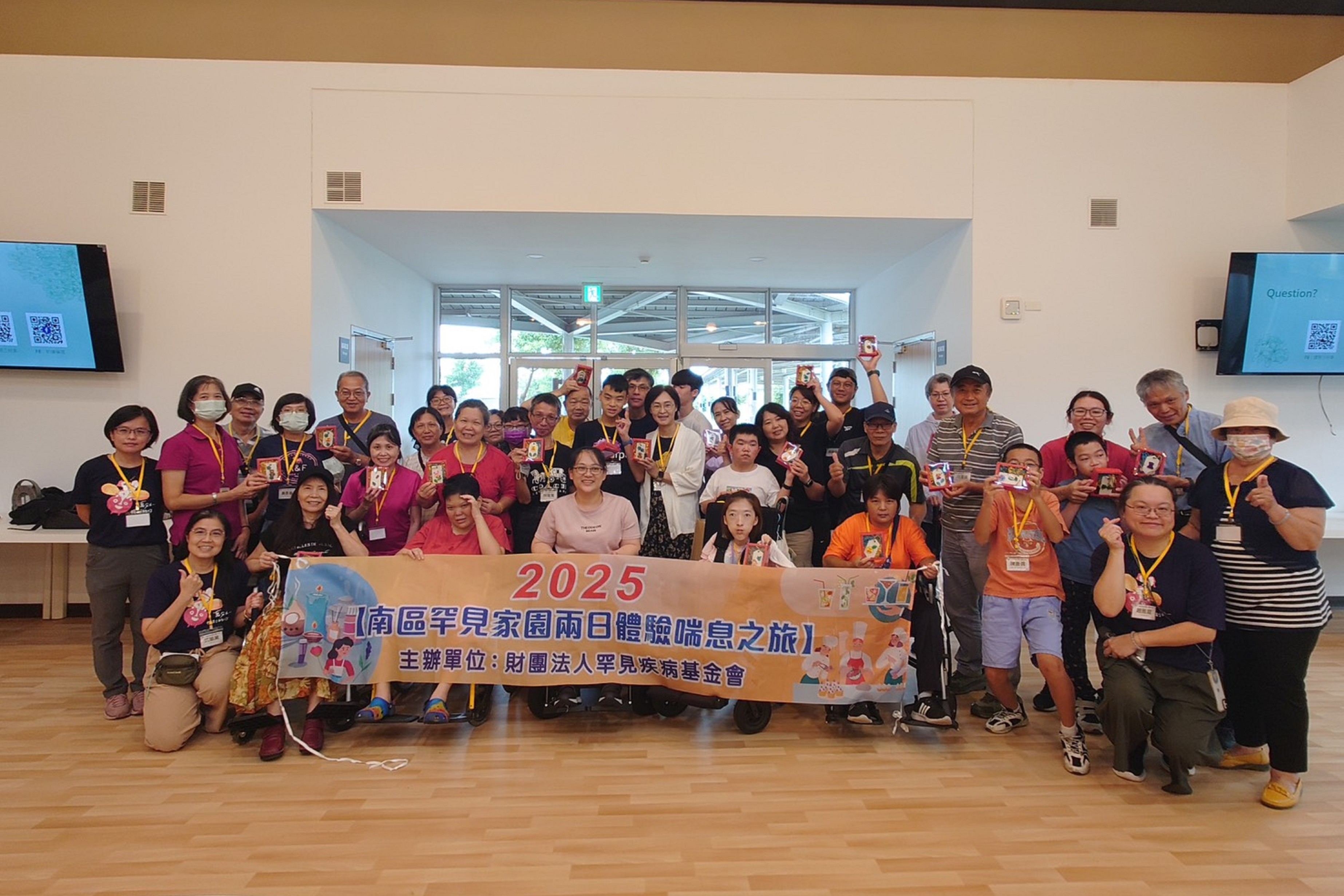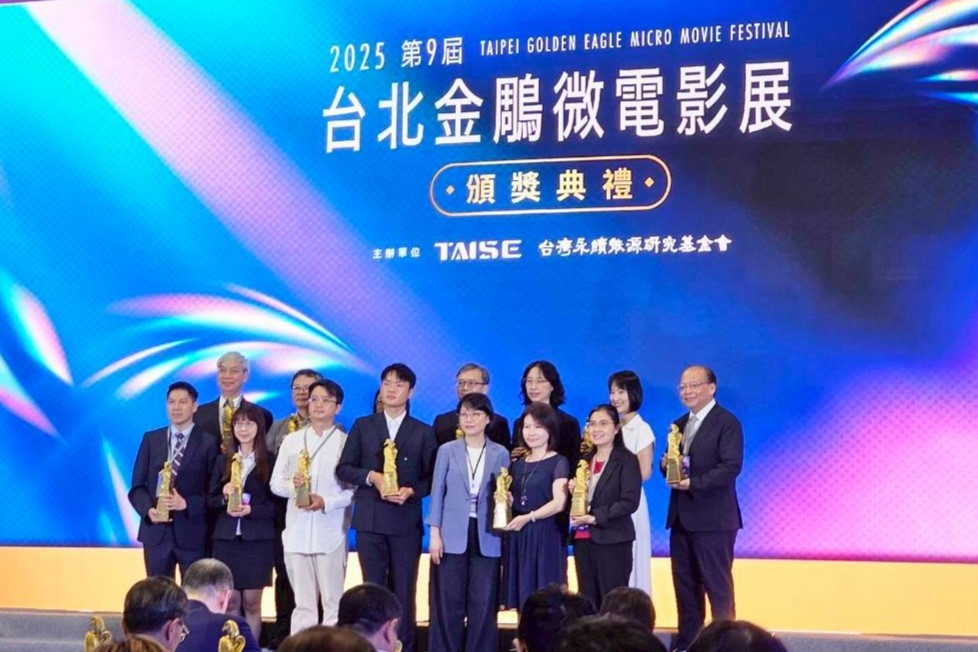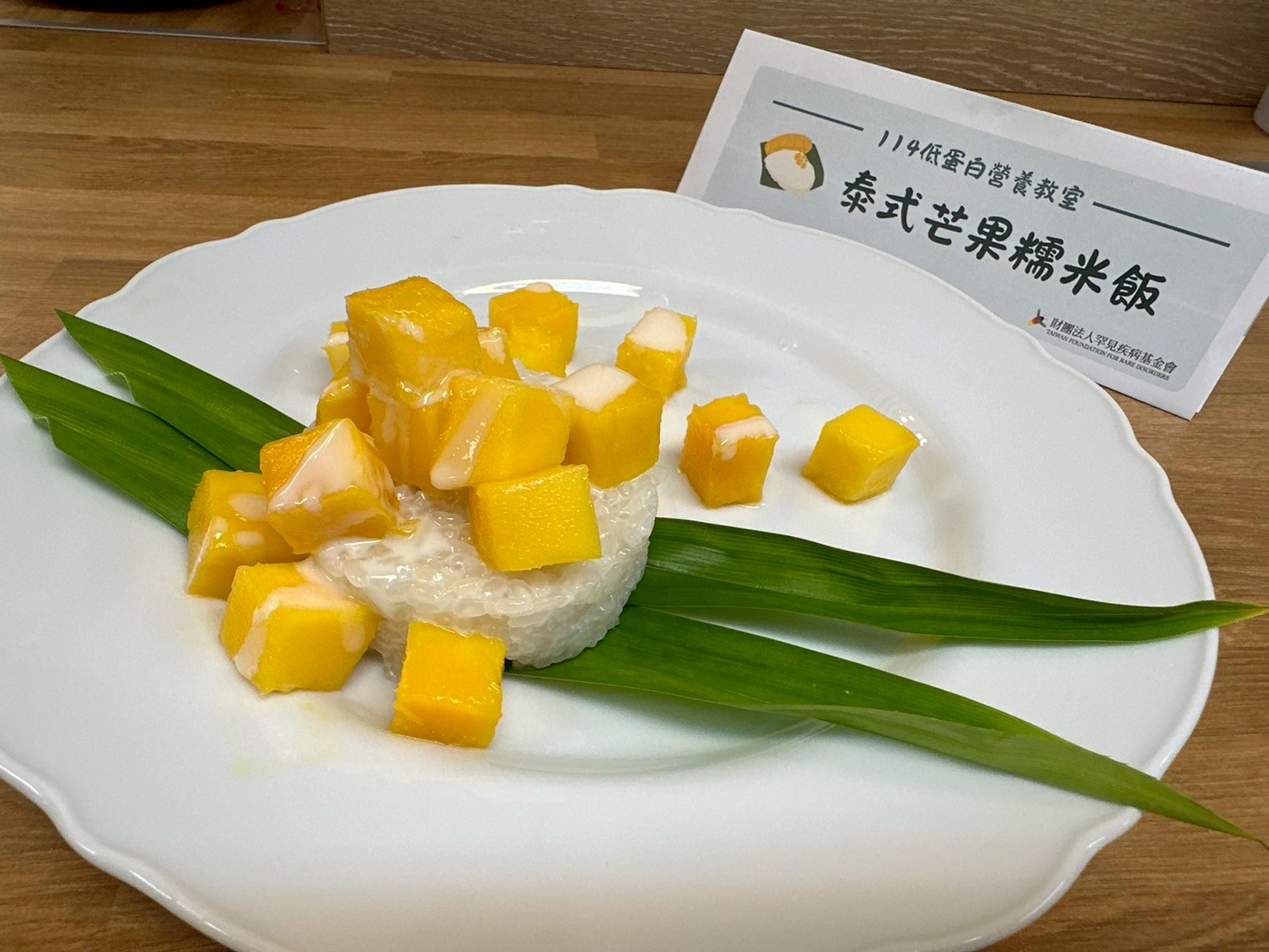News
Taiwan Becomes Global Model of Treating RD
Taiwan's “Rare Disease and Orphan Drug Act” makes other countries continue to admire. This year marks the 20th anniversary of the founding of Taiwan Foundation for Rare Disorders (TFRD). Thanks to the two founders, Prof. Min-Chieh Tseng and Ms. Serena Wu, who had kept advocating patients' rights and thus drove the society and government to pay attention to rare diseases, the “Rare Disease and Orphan Drug Act” was enacted, which enables Taiwan has better diagnosis, treatment, prevention of diseases and care of patients. It goes one step further than America’s “Orphan Drug Act”. So far, few countries have been able to achieve this goal. Vietnam and South Korea also come to Taiwan to glean insights.
TFRD and Taiwan Human Genetics Society organized an international conference based on “Transforming Rare Lives-International Conference of 20-Year Retrospect and Prospect on Rare Disease in Taiwan” on 20 October, inviting foreign experts from the United States, Canada, Australia and other countries to share experiences of treating rare diseases from the perspectives of medical treatment, policy and care.
Dr. Durhane Wong-Rieger, founder of the Asia Pacific Alliance of Rare Disease Organizations (APARDO) said that Taiwan is a model for international organizations for rare diseases. When establishing a system for rare diseases, the biggest difficulty for all countries is the integration of resources. However, when the term “rare disease” appeared, all the partners in Taiwan including medical institutions, patient groups, industry, government and the public had assembled and fully prepared. Taiwan’s experiences of treating rare diseases could only be described as “amazing”.
Taiwan passed the “Rare Disease and Orphan Drug Act” in 2000, which made Taiwan the fifth country in the world to legislate to protect patients’ right to use medicines and their right to survival. Dr. Vu Chi Dung from Vietnam National Children’s Hospital indicated that Vietnam has excellent doctors but lacks institutional support. Therefore, it is difficult for Vietnam to introduce drugs or get coverage, which also makes them envy Taiwan.
Prof. Min-Chieh Tseng said that although Japan has patient organizations, it mostly relies on government subsidies. Also, people are not interested in donating, unlike Taiwan, which has strong civil power. In recent years, European Union has set the issue of rare diseases a public issue of the United Nations, showing that more and more countries are paying serious attention to the needs of patients with rare diseases. Chairman of TFRD, Shuan-Pei Lin, also said that in this conference, experts from the United States, South Korea, and Thailand all came to Taiwan to get more information of rare diseases. Even though Taiwan is in a leading position, we never feel proud and keep passing on our experiences to others.
Ir. Lee Yee Seng, president of the Malaysia Lysosomal Diseases (MLDA), has two daughters with Pompe disease, and the younger daughter was born with muscle weakness and an enlarged heart. Although the disease is incurable, medical expenses for one year are RM1 million, equivalent to about NT $ 7.29 million. In Malaysia, not everyone has health insurance, and the government does not value rare diseases.
After he came to visit Taiwan, he met Ms. Serena Wu and was impressed by her words. “Even if it is a little crazy, you must do it bravely.” She said. After that, Lee established the Patients' Association in Malaysia in 2011, advocating the rights of patients. The number of children receiving government subsidies for medical costs has increased from 20 in 2010 to 53 now, and his daughter has grown up well.
Ms. Serena Wu is glad to see the cycle of goodness among countries. She often travels abroad to share Taiwan's experiences, and she also finds that many countries take actions that suit local circumstances to work together for rare disease patients and families. However, Prof. Min-Chieh Tseng expressed that there are still many patients swaying among these situations—referral, misdiagnosis or even undiagnosed condition, and become “orphans”. When facing this kind of plight, South Korea provides subsidies for patients with extremely rare or unexplained disease. In view of this, he hopes that Taiwan can look at how they handle these situations as a reference and take actions.
National Health Research Institutes and National Taiwan University Hospital are running a pilot scheme of Next Generation Sequencing (NGS), and TFRD provides subsidies for patients to help them free from seeking treatment endlessly. However, Shuan-Pei Lin said that this technology is expensive and lacks complete comparison and analysis of database. Therefore, he hopes that there will be complementary plans in the future to benefit the patients.
Translated from a United Daily News news report dated Oct. 21, 2019.

